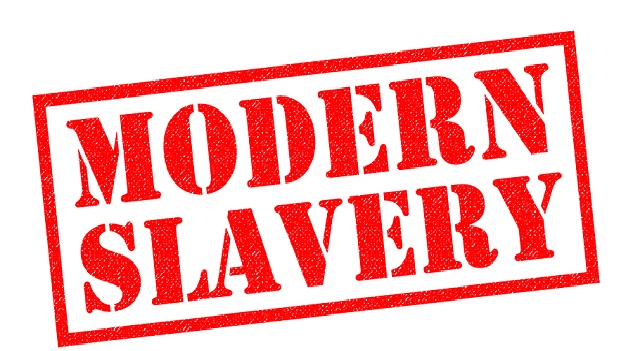To most Australians, the word “slavery” will conjure up images of another time, another place – of ancient Rome or America’s deep south prior to that country’s civil war. Yet, slavery remains such a real issue that a Modern Slavery Act will soon be introduced in Australia.
The legislation is expected to follow the UK blueprint which was enacted in 2015. Its focus will be to identify and address slavery in the supply chain of Australia’s largest private and public sector organisations. When the legislation commences, it is expected it will be mandatory for enterprises with revenue exceeding $50 million to report annually on the measures they have taken to ensure there is no slavery in their supply chains. These statements will require board level (or equivalent) approval.
There are three reasons Australia’s SMEs will be indirectly impacted by the legislation:
- It is anticipated that all levels of government will soon cease to procure from any enterprise that does not comply with the legislation. Hence, SMEs will be compelled to voluntarily fall in line.
- SMEs that provide goods or services to large corporates will be expected to comply as links within the supply chain.
- SMEs grow and some will one day reach the revenue threshold.
Based on the UK experience, it is believed the act of reporting will prompt Australian businesses to create more resilient supply chains. In the two years since legislation was enacted there, some organisations identified and disclosed forced labour and other human rights abuses in their supply chains. Those abuses may very well have been caused by SME suppliers.
In Australia, sectors such as retail, food, clothing, hospitality, cleaning, and electronics are particularly exposed to the risk of modern slavery as they rely on low-skilled or outsourced labour.
How can Australian businesses in these and other sectors ensure they have ethical, slavery-free supply chains? Right now, few will even have a comprehensive understanding of their first-degree suppliers, let alone their supply chain practices.
Preparing for the legislation will take time and won’t be easy. Decisions will need to be made, including in relation to how deep into the supply chain a business is willing and able to investigate. Forward-thinking organisations would be wise to begin the process now by researching, reviewing and revising their supply chain practices. As well as managing and mitigating the risk of reputational damage, there are clear business benefits to be gained from doing what’s right. Just Capital research reveals the one hundred most ethical and enlightened companies in America consistently and continuously outperform their industry competitors.
How to prepare for Australia’s Modern Slavery Act
- Develop a modern slavery policy.
- Map your organisation’s supply chains.
- Understand the reporting, regulatory and licensing obligations of each jurisdiction in which your suppliers (and their suppliers) are located.
- Audit your suppliers to determine whether they are meeting their country’s minimum standards, as well as standards imposed upon them by your organisation.
- Identify where in your supply chains there is a risk of modern slavery. Rank suppliers based on their vulnerability and risk
- Document the steps you have taken to assess and manage that risk
- Educate and train management, staff and suppliers about the issue of modern slavery and your organisation’s policy and procedures to identify and address it in your supply chain
- Implement a system to periodically monitor your supply chain, noting that changing environmental, political and market conditions can impact the behavior of suppliers
- Review and if necessary update your supplier contracts to strengthen the terms, conditions, provisions and standards relating to slavery.
- Align these efforts with your broader Corporate Responsibility program.
Jacqueline (Jaci) Burns, Chief Marketing Officer, Market Expertise
















